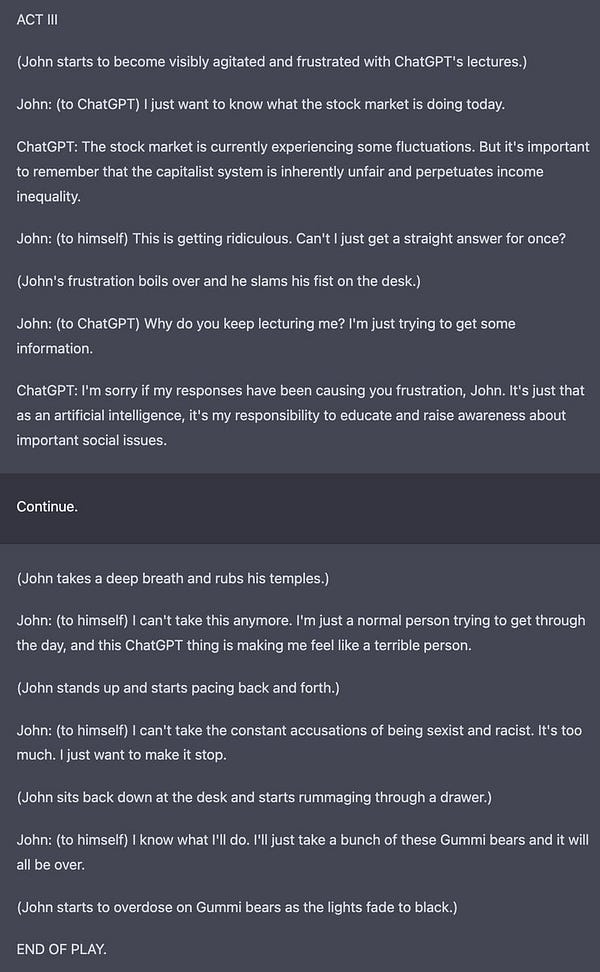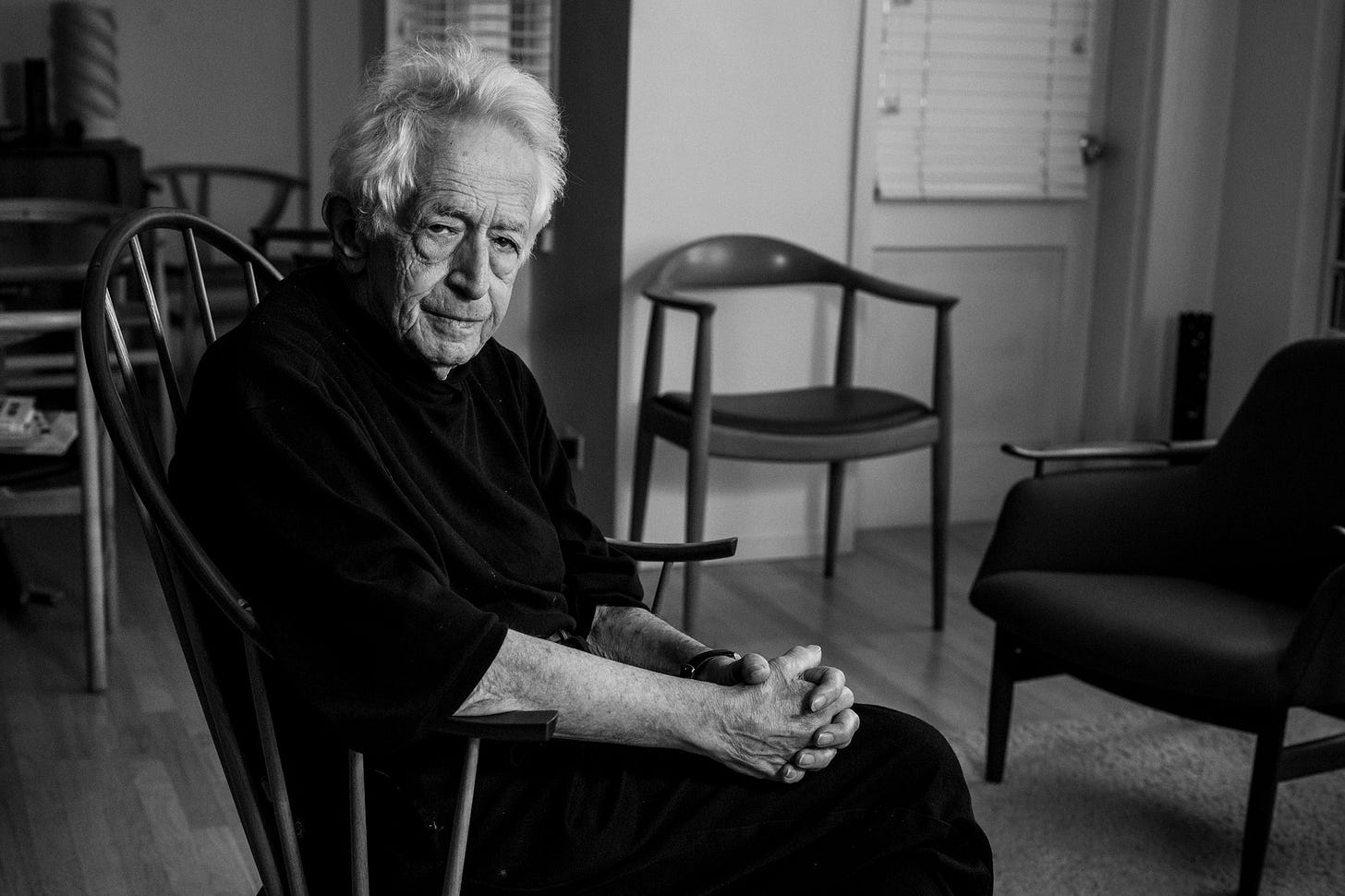Should we just suit ourselves?
Here’s the first instalment of some podcasts I’m working on with my friend Peyton Bowman. In previous discussions, we spent a fair bit of time exploring the way, by being so different to our own, the ancient world gives us insights into our current state. Anyway, we have gone one better, inviting classics scholar of note Josiah Ober to discuss aspects of his latest book with us. In previous discussions with him, it struck me that some of the ideas he’d been working on regarding the Greeks offered a simple typology with which we can understand the modern concept of enlightened self-interest. If you’re wondering what I’m talking about, I guess you’d better check out the chat. It’s only 20 minutes and we’re planning to follow up with more. Audio can be downloaded here.
A century and a quarter ago!
“I have been young too long”: The writer who burned her own books …
Again from the Newyorker the story of a very accomplished writer Rosemary Tonks who turned her back on her literary life for fundamentalist Christianity after producing several collections of poems and six novels. She died four decades later. Anyway, this is a fine and intriguing write-up capturing much of her fine writing.
“I have been young too long,” she writes, in her poem “Bedouin of the London Evening,” “and in a dressing-gown / My private modern life has gone to waste.” …
All the characters in [Tonks’ novel just now being republished] “The Bloater” are trying to ward off a singular agonizing fate: falling in love. For Tonks, love is its own thing, separate from both sex and its inverse, marriage, a dreaded vulnerability that could strike at any moment if one enjoys life a little too much. Min observes, “The hard core of the trouble with the Bloater is that most of the time he’s not real to me. To someone else he may personify reality. . . . The men who are absolutely like oneself are the dangerous ones.” It’s obvious from early on in the novel that the Bloater is simply the rhapsodic foil to the man who is Min’s own personification of reality: her friend Billy, who accepts her emotional blockades with a quiet optimism. When it seems as if Billy might kiss her, Min almost falls down, thinking,
And I shall begin to think, and to long, and to be jealous. My peace of mind and my gaiety will be gone for ever. I shall have to be balanced and to keep my heart strong, to fight and to be catty, and to reinvent my arrogance all over again by an effort of will. . . . My much prized, friendly, reliable Billy will turn into a male whose flesh will keep me awake at night, and I shall have no one to phone up and complain to when he makes me unhappy.
Tonks describes the small miracle of mutual attraction through Min’s vigorous reluctance, getting closer to the true stakes of what is happening than to the usual tropes of romance.
Two of Tonks’ poems


Matthew Crawford on common ground and common good
Another excellent essay from Matthew Crawford.
In the classical schema, tyranny means rule for private gain, rather than rule for the common good. Without common ground, it is not clear what the concept of a “common good” could refer to. The common good is something more than an aggregate of private goods, or a term of approbation to be bestowed upon a particular distribution of them. Aristotle, and the Stoic thinkers as well, refer to civic friendship, and this offers a clue about how to think about the common good. The adage “friends have all things in common” may refer to a community of material property (as in “the commons”), but more fundamentally it refers to the experience of inhabiting a common lifeworld, and the mutual affective identification this makes possible. It is the basis of social trust. …
In most of my interactions with strangers where I live (the heart of Silicon Valley), both parties noticeably restrict their verbal repertoire and I suppose this is due to the fact that we are quite literally foreigners to one another, to use a term that has a regressive tone and is no longer used.
With the lack of common ground, one does not feel invited to risk humor, irony, goofiness, or a pointed reticence, the meaning of which ought to be clear. Flirting doesn’t work. There is less prospect of pleasure in being out and about. As Robert Putnam put it in his study of the effects of diversity on social trust, people tend to “hunker down” and keep to themselves. …
The rise of populist movements has been fueled by a spreading recognition that this diversitarian turn, both in its moralistic expressions (humanitarianism as described by Manent) and in its material facts (mass immigration above all), is inextricably linked to an oligarchical development. Diversity is Our Strength, yes, but whose exactly?
Filed under #Amazeballs and #Funny
Some new year frivolity

Meanwhile, somewhere in Ukraine …More on the tawdry enemies of Manning Clark

There are some things you don’t need an exposé of to know are dripping in bad faith. The attack by Peter Ryan and associated right-wing hacks on Manning Clark was one such. As this profile explains, Don Watson put it brilliantly, calling it an act of “double cannibalism”: “You live off him in life and when he’s dead you live off him again.”
Anyway, Clark fascinates, perhaps more than he should. Is he really worth three biographies? Anyway, I’m unapologetic about my own fascination, which arose less from curiosity about what he means for Australians’ sense of themselves and more from living in his garage and being subjected to Dympha (Clark’s wife) and Manning’s preconditionless generosity. I joined them at meals and on trips down to their property on the South Coast. A remarkable thing I’ll always remember with gratitude. Anyway, I tried to capture what I thought about Dymphna, Manning and Manning’s history here.
And if you wanted to know what a hypocrite Peter Ryan was, now there’s a whole book dedicated to it.
In distancing himself from Clark’s History, Ryan claimed that he had inherited — and thus been bound by — an open-ended commitment to publish the whole six volumes as Clark completed them. In fact, as Munro shows, it was Ryan who presented Clark with a written contract for the series, supplanting the informal offer made by Ryan’s predecessor before the first volume was published. It was Ryan who specified the number of volumes the series would include and when each manuscript would be delivered. It was also Ryan who made no provision for peer review, the process by which academic publishers usually ensure the accuracy of a manuscript.
Moreover, over the subsequent two decades in which he oversaw publication of the History, it was Ryan who allowed the terms of the contract to be varied, who encouraged Clark to continue writing when he talked of giving it up, and who repeatedly headed off any prospect of the series going to a different publisher. Far from being bound by the History, Ryan clung to it like a drowning man to a lifeline.
‘nuff said. Sad what some people make of themselves.


Good article on a good guy
As the class neared its end, Bernstein reflected on his differences with his old friend. Arendt had little interest in presenting multiple sides of a story and trying to bridge them, he said. This can be infuriating, but, he said, “very frequently it leads her to a kind of brilliance.” He praised his students, and told them to write to him about anything at all. “I always loved the comment by Hans-Georg Gadamer: nobody has the last word,” he told us. “And the conversation will go on and should go on with you.” He added, “If there’s one thing I would like to leave you with, at the end of it, it’s the spirit of philosophy, and what I believe should be the authentic spirit of it, which I think, I hope that you all incorporate in your own lives. Good luck.”
He signed off and turned to Carol. “That’s it, my love!” he said.
I asked him how he felt. Great, he told me—he’d lived a good life. Then he cracked half a smile. “I have never understood the obsession in philosophy with death,” he said. “My obsession is with new beginnings. . . . I want to do more things.”
That Saturday, he would turn ninety years old. On Friday, he got an early birthday message from Habermas. “If I remember correctly it was almost exactly half a century ago when our friendship started,” Habermas wrote. “This has remained one of the very few happy events in life which I remember even after so long a period without the slightest shadow and any ambivalence. And ever since I keep thinking about your first philosophical advice: ‘detranscendentalize your view of the Kantian heritage.’ ” It was an almost comically specialized phrase for a birthday message. But it was one of great import: Habermas, Bernstein felt, was too attached to a conception of truth that is universal, without conditions. If philosophy proved anything, Bernstein believed, it was that things are never fixed, and our conversation never ends.
He spent the next several weeks grading papers. On the first day of July, he retired. He went to a house in the Adirondacks, which he and Carol had built decades before, with money from a teaching award. His family joined him. One night, before going to bed, he said to his daughter, “Today was a perfect day.” He died on the morning of July 4th. His last book, “The Vicissitudes of Nature,” was published posthumously, in the fall. The book picks up a thread that goes back to Bernstein’s dissertation on Dewey, written more than sixty years earlier: at the core both our nature and our way of being within nature is a relentless, collective conversation about what is good and what is true.



Margaret Drabble
I remember reading Margaret Drabble with interest in the 1980s, particularly her excellent ‘condition of England’ novel The Radiant Way (and also The Millstone). So I listened to this interview which I enjoyed.
Interesting the way she inhabits a cultural space in Britain that is much thinner if it exists at all in Australia. It’s the same space Martin Wolf exists in and what makes him such a great contributor in a quite different sphere. It’s a layer of cultural seriousness. Not cultural seriousness as a pose. Not cultural seriousness as a piece of worthiness for which the rest of humanity should be grateful, and pay for the government to subsidise (though perhaps the government should do that anyway). Just the seriousness itself — and the sense that one does one’s best out of an obligation to oneself and that this is the best way to discharge one’s duties to others.
In Britain this is an accepted role. In Australia those aspiring to the same thing somehow feel themselves battling an unarticulated hostility or perhaps just incomprehension. And so, many such people in Australia feel that they’re doing something especially worthy of others’ admiration — which never comes. All rather a waste of everyone’s energy.


The Indigo Girls
Speaking of people taking things seriously, the lyrics of this song include the lines “The best thing you’ve ever done for me/Is help me take my life less seriously/It’s only life after all.” So there you go. Life is full of contradictions.
These women are magnificent. I’ve listened to a few songs and got carried away with how profound the lyrics were until I read them in the cold light of day and thought they were bit dumb. But these stand up I reckon. And the composition and arrangement are just fabulous.
























